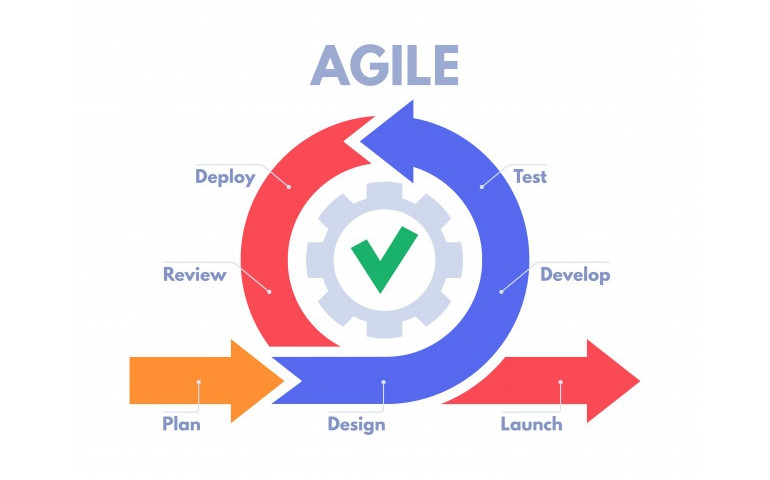W3C, THE standard for web standards
The Web has standards, equivalent to our "NF". They all come from W3C which, little known in France, is the major player on the Web.
The W3C, World Wide Web Consortium , is an international organization that develops standards for the Web so that people can communicate effectively across the Internet.
The consortium has been around since 1994 and is led by Web inventor Tim Berners-Lee.
It is composed of a fixed team (around 70 people) and members (more than 450 organisations).
Members delegate engineers within W3C and thus participate in the development of technical specifications for Web technologies.
The specifications already developed, there are about fifty of them ( HTML , XML , CSS , SVG ...), are accessible to the public on the W3C site . The same is true for reports of ongoing developments.
W3C objectives
The Net being a universe of information accessible in network, the W3C works to put it within the reach of all, whatever their material, software, network, language or handicap .
Whether you're using a desktop browser, PDA, speech synthesizer, Braille display, or mobile phone, you should be able to access the same sources of information, without hampering specific hardware or software requirements.
In the same spirit of openness, the W3C advocates the decentralization of the Net. The less central mechanisms there are, the less vulnerable the whole Web will be (and the less we risk becoming hostages to a few).
Aware of the fact that our current knowledge and needs will be insufficient to solve the problems of tomorrow, the W3C is working to build a Web that can evolve easily, without harming what already works. Hence the four principles that guide its design efforts:
- the simplicity,
- modularity,
- compatibility,
- and extensibility.
W3C Operating Principles
The W3C works on the mandate of its members, but is also engaged in interaction with the public. In short: no technology obtains the seal of W3C without being approved by the community of the Web.
To be part of the community and participate in the work of W3C, simply register on its mailing lists.
Once a year a World Wide Web conference takes place. During this conference, the next objectives of W3C are defined.
online services
The W3C site offers several online services. Most valuable to the general public:
- the Markup Validator to check if your pages are correctly written;
- the CSS Validator to check your style sheets;
- the Link Checker to check if the links in your pages are valid and accessible.




